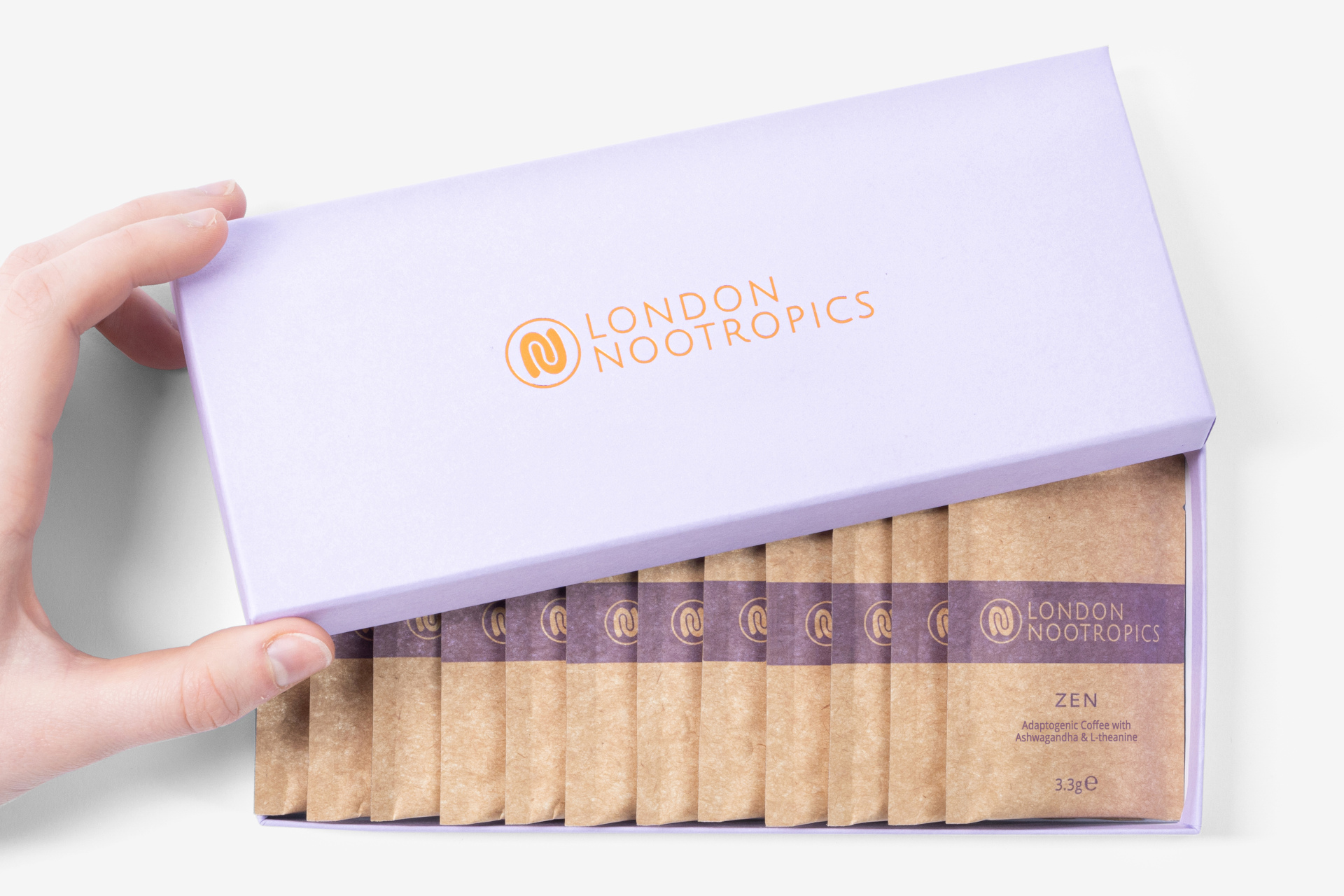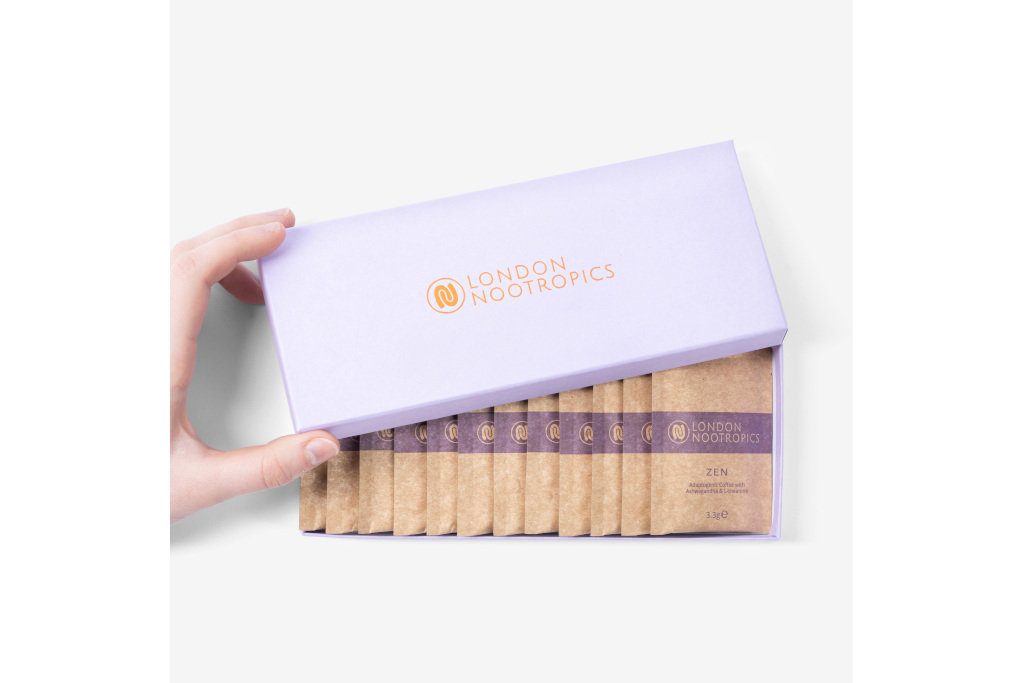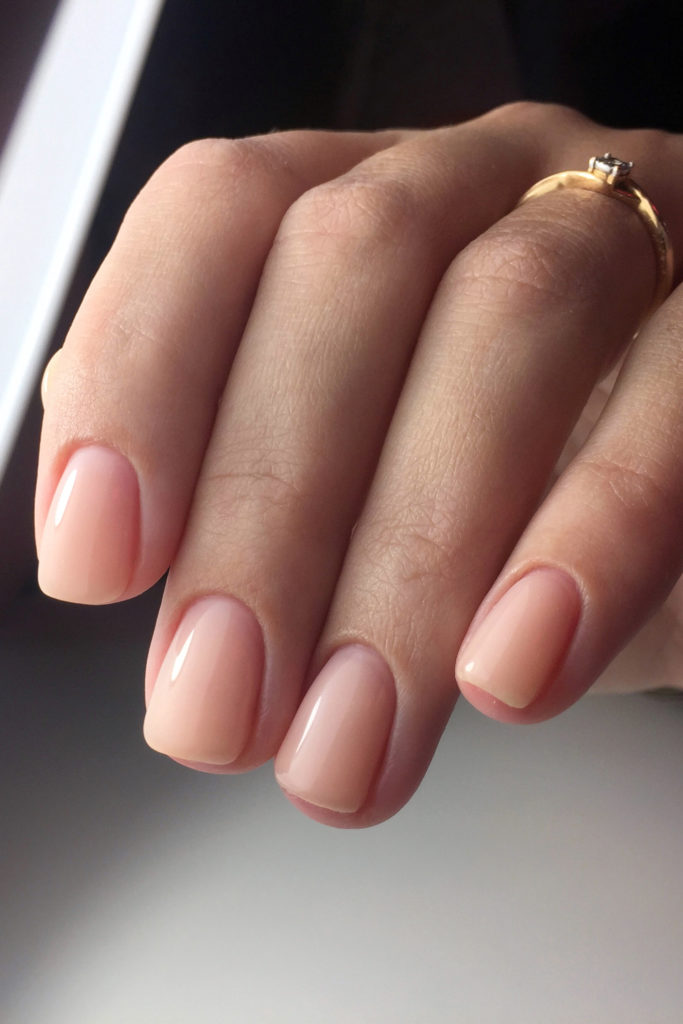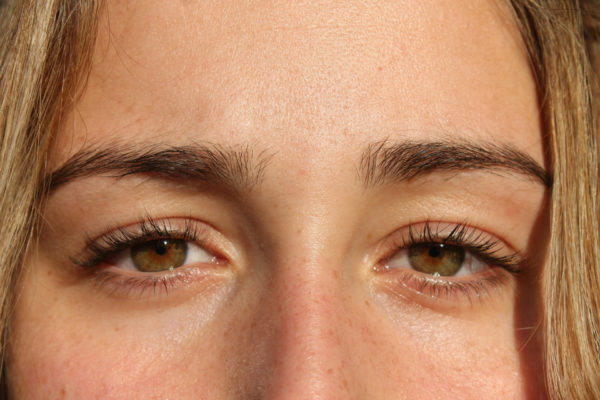A Beginner’s Guide To Nootropics
By
1 year ago
Beat brain fog with these buzzy blends

If you’ve found your way here, chances are you’re looking for ways to get your brain back in gear. Between TikTok and Covid, our attention spans are admittedly shorter than ever – brain fog, anyone? – meaning that many of us are turning to focus-boosting supplements. One such supplement we’ve seen quietly climbing the ranks is nootropics, a ‘smart drug’ known for promoting overall brain health. But do they work? That’s the internet’s biggest question right now, and we’re ready to find out. Read on for our guide to nootropics, with insights on how they work, what they do and which ones are best for you.
What Are Nootropics?
First things first, what are they? As mentioned, nootropics – also known as ‘smart drugs’ or ‘cognitive enhancers’ – are substances that are thought to improve cognitive function, memory, creativity, motivation and overall brain health. Ranging from natural substances like herbs and amino acids (non-prescriptive) to synthetic drugs developed for specific cognitive benefits (prescriptive), nootropics are becoming incredibly popular in the health space.
Are There Different Types?
Yes, there are different types of nootropics that you can use. As mentioned, there are two main pillars when it comes to cognitive enhancers: prescription medications and dietary supplement compounds. We outline some of the main nootropics that fit under these categories below:
Prescription Nootropics
Prescription nootropics refer to medications that are specifically prescribed by healthcare professionals to treat medical or mental health conditions. Some of the most common include:
- Adderall: an amphetamine used to help manage the symptoms of ADHD
- Memantine: a medication prescribed to reduce the symptoms of Alzheimer’s
- Provigil: a stimulant for conditions like narcolepsy and sleep apnea
- Ritalin: another stimulant used to treat ADHD and narcolepsy
@harrythorncoaching My personal top 5 nootropic supplements #supplements #vitamins #nootropics #caffeine #multivitamin #lionsmane #creatine #coffee #health #biohacking #brainhealth ♬ original sound – Harry Thorn
Dietary Supplement Nootropics
Unlike the above, dietary supplement nootropics are no prescription medications – but they are used with the intention of enhancing cognitive function. You can find both natural and synthetic nootropics under this umbrella:
- Racetams
- Caffeine
- Ginseng
- Ginkgo biloba
- Ashwagandha
- L-theanine
- Creatine
- Bacopa monnieri
- Rhodiola rosea
- Omega-3 fatty acids
- Lion’s mane
- Alpha GPC
How Do Nootropics Work?
It’s thought that nootropics work by aiding various mechanisms in the brain, from enhancing neurotransmitter levels and improving blood flow to protecting neurons and promoting neuroplasticity. The type of help given depends on the type of nootropic used; for example, caffeine is known to block adenosine receptors to increase alertness and focus, while creatine is thought to enhance brain energy metabolism in order to improve memory and reasoning.
Tips For Choosing Nootropics
With the above in mind, it’s worth keeping in mind your goals when choosing the right nootropic for you. Consider which area you’d like to improve – memory, focus, creativity, for example – as well as what your tolerance levels might be. You’ll also need to consider how they will interact with any other medicines you’re already taking and whether you should avoid any potential side effects.
Once you’ve picked one, start using it in small doses and then gradually increase your dosage as needed based on your body’s response.
@herb_docs #omega3 #lionsmanemushroom #bacopamonnieri #alphagpc #nootropics #brainhealth ♬ original sound – The Herbal Docs
Are They Safe?
As with any kind of supplement or medication, nootropics are largely safe to use when done so responsibly – although it is worth noting that some do have side effects. Prescription nootropics, for example, can carry risks of high blood pressure, fast heart rate, and, in some cases, potential for addiction if misused.
It’s also worth remembering that some dietary supplement nootropics have not undergone the same rigorous clinical testing as clinical drugs, and that their long-term effects have not be thoroughly studied just yet.
If you’re considering taking nootropics, prescription or dietary, then it’s recommended that you research each compound thoroughly, purchase from reputable sources and consult with a healthcare professional before starting any new supplement regimen.
How To Incorporate Nootropics Into Your Routine
Incorporating nootropics into your routine may involve a little bit of trial and error, as you figure out what works best for you and your body. Generally speaking, it’s recommended you start with small doses and build up as needed to avoid any unwanted side effects, taking your preferred nootropic one to two times a day around 30 to 6o minutes before you need the effects to kick in.
If you’re not sure where to start, consult a healthcare professional so that you can work on a regimen together (this is especially recommended if you’re already taking other medications).
The Best Nootropics On The Market Right Now
Spotlight On: The Zen Coffee Blend by London Nootropics

The Zen Coffee Blend (12 sachets), £15, londonnootropics.com
Best For: Calm & concentration
Craving some focus time without the distraction of stress? Lucky for you, London Nootropics recently upgraded its Zen coffee blend to offer the perfect blend of ashwagandha (which is known to help balance the stress hormone, cortisol), caffeine (great for focus) and L-theanine (to counteract the heart rate spike from caffeine). This means that coffee lovers can still enjoy their cup of joe in the morning without worry about its impact on our energy and anxiety levels (as well as our deep sleep later in the evening – instead, with each sip, you’ll be able to harness the perfect balance of energy, focus and calm.
SHOP: The Zen Coffee Blend (12 sachets), £15, londonnootropics.com
Featured image: London Nootropics













